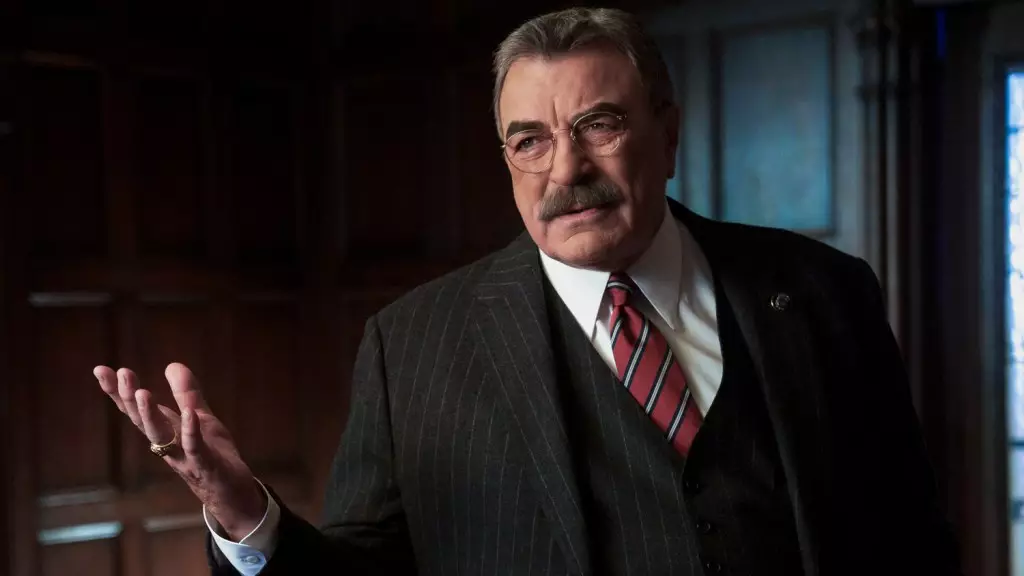As fans receive the news about the end of CBS’s long-running police drama *Blue Bloods*, the show’s star, Tom Selleck, expresses his deep feelings of frustration and disappointment. After 14 seasons and nearly 300 episodes portraying NYPD Commissioner Frank Reagan, Selleck’s reflections offer insight not only into his personal experience but also into the broader television landscape that led to this decision. His sentiments highlight an industry often quick to overlook success, raising questions about how such a strong performer could be unceremoniously nudged off the air.
Despite an impressive average of 8.1 million viewers during its run, Selleck suggests that *Blue Bloods* was often “taken for granted” by the network. In an era where many series struggle to attract even a fraction of that viewership, the cancellation of a top-10 performer (when excluding popular football broadcasts) seems puzzling. This observation invites viewers to consider the factors that usually drive series termination, especially in a time when networks are increasingly burdened by financial considerations over viewership ratings. Selleck poignantly reminds us that *Blue Bloods* has not only survived but thrived over the years, emerging as one of the most reliable ratings earners on Friday nights.
In his reflections, Selleck paints a picture of a seasoned actor grappling with the unexpected transition from a beloved series to an uncertain future. His comments suggest a deeper emotional investment than simply playing a character for a decade. “It’s going to take a long time to sort all of this out,” he says, indicating that this abrupt termination will linger in his mind long after the final credits roll. This feeling is compounded by his denial of wanting to dwell on the ending; instead, he wishes to celebrate the accomplishments of the show. Such a coping mechanism illustrates the complicated nature of professional identity—an artist suddenly stripped of a major part of their career.
The Bigger Picture: Industry Trends and Financial Realities
Selleck’s frustrations are not unique to *Blue Bloods*. They point to a troubling trend in the television industry where networks prioritize new content or “refreshing the schedule” over established shows, even those with a strong fanbase. CBS Entertainment president Amy Reisenbach’s comments, expressing a need to end the show for strategic programming reasons, reinforce a societal tendency to chase the latest trends. The modern television landscape increasingly favors novelty, often at the expense of long-standing quality programming, leading to a disconnect between audiences and network executives.
As fans prepare to say goodbye to *Blue Bloods*, it is important to recognize not just the show’s impressive statistics but its cultural impact over the years. The portrayal of the Reagan family—a testament to resilience in law enforcement and loyalty to family—has resonated deeply with audiences, solidifying its place in the pantheon of procedural dramas. Selleck’s words underscore the bittersweet ending of not only a show but a chapter—reflecting the highs and lows of television storytelling. With a legacy that will undoubtedly spark discussions for years to come, it’s clear that *Blue Bloods* will not be forgotten easily, even as it fades from the airwaves. Instead of a mere exit, it represents a shifting paradigm within a competitive media landscape, forcing both creators and viewers to reconsider the value of enduring narratives amidst the unrelenting push for new beginnings.


Leave a Reply